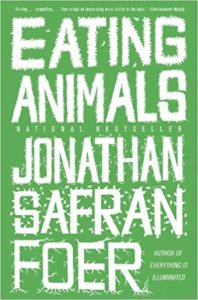
I am not now, nor have I ever been, a vegetarian. However, living as I do in Berkeley, California, from time to time I find myself in the minority at dinners and potlucks. So, as you might imagine, over the years I’ve come to hear most of the arguments against eating animals.
One thing has always puzzled me about the torrent of passion that invariably erupts when I question why I, or anyone else, should become a vegetarian (much less a vegan): apart from a few rejoinders that the practice of limiting my diet to plants will improve my health, extend my life, and make me a better person overall, most — maybe 80 percent of the verbiage — concerns cruelty to animals.
Now, don’t get me wrong. I like furry little animals as well as the next person. Over the course of my long life, I’ve had dogs, cats, and rabbits as well as a few less cuddly animals such as turtles and fish as (dare I say it?) pets. Nor do I kick dogs or other helpless beasts when I’m angry or frustrated with other human beings.
Eating Animals by Jonathan Safran Foer ★★★★☆
But why do so many people justify vegetarianism on the basis of animal cruelty when the practice of raising animals for food in factory farms promises to drown our country in shit and spew so many greenhouse gases into the atmosphere that it may eventually inundate low-lying coastal cities like Berkeley and make our planet uninhabitable for the human race?
Where’s your perspective, people? Cheez! We’re already eliminating a million species a year from the biosphere by encroaching on animal habitat and screwing with the climate, and you’re worried about hurting chickens and cows?
Do I want to hurt chickens or cows? Of course not! I’ve even petted a heifer or two myself over the years. But still . . .
To give due credit, Jonathan Safran Foer does explain some of the environmental consequences of factory farming in Eating Animals. But his foray into the hidden depths of this tragically misconceived industry is almost exclusively focused on — guess what? — animal cruelty. His descriptions of the way animals are treated are purposely graphic and sometimes hard to take. PETA will love this book. If you don’t have an iron stomach, you might not.
Eating Animals is Foer’s first venture into book-length nonfiction. It’s his fourth book. The novels that preceded it, Everything is Illuminated and Extremely Loud and Incredibly Close, have attracted critical acclaim, including a number of literary awards, and both are being adapted to film. (He also produced a strange work of fiction that was more a sculpture than a book.) For what it’s worth, I tried reading Extremely Loud and Incredibly Close but couldn’t get past the first few pages. However, Eating Animals is brilliantly crafted. Foer’s writing style, perhaps even his personality, come through loud and clear. He’s obviously a brilliant young man, and if he can avoid falling prey to the silly experimentalism of some of his early work, he’s got a great career ahead of him.
Oh, by the way, are you wondering why I haven’t become a vegetarian? Well, that’s another story . . .
For further reading
You might also enjoy Science explained in 10 excellent popular books (plus dozens of others)
If you enjoy reading nonfiction in general, you might also enjoy:
- 20 top nonfiction books about history
- Great biographies I’ve reviewed: my 10 favorites
- Top 10 nonfiction books about politics
- In gaining a global perspective in an information glut, these books help
- Science explained in 10 excellent popular books
And you can always find my most popular reviews, and the most recent ones, plus a guide to this whole site, on the Home Page.

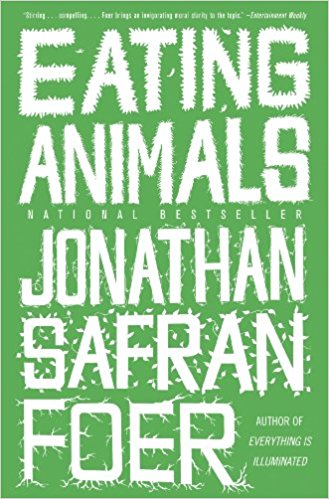
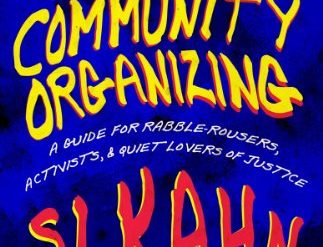
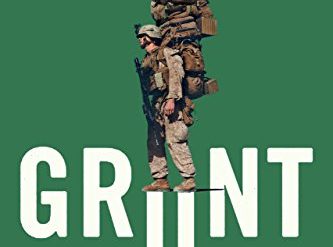
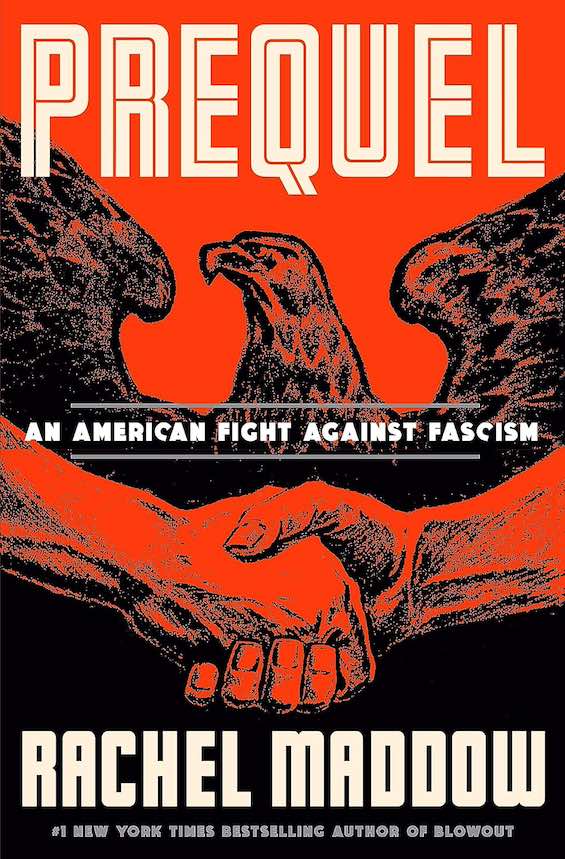
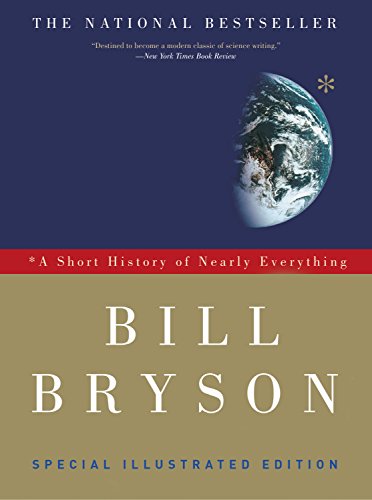






















First – I have a niece who was a vegetarian. She suffered from many maladies tied to allergies and one point earlier this year, could hardly eat anything. A nutritionist suggested the “Cave Man” diet, which required a lot of animal protien as well as unprocessed grains, nuts, fruits and vegetables, and her recovery was nothing short of miraculous.
Second – My son had to read “Extremely Loud and Incredibly Close” for English last year and he thought the book was horrible. Granted – his tastes in “literature” these days run mostly to steampunk and zombies (or both at once [see Cherie Priest]) but to hear you say that the book was hard to digest will make him very happy.